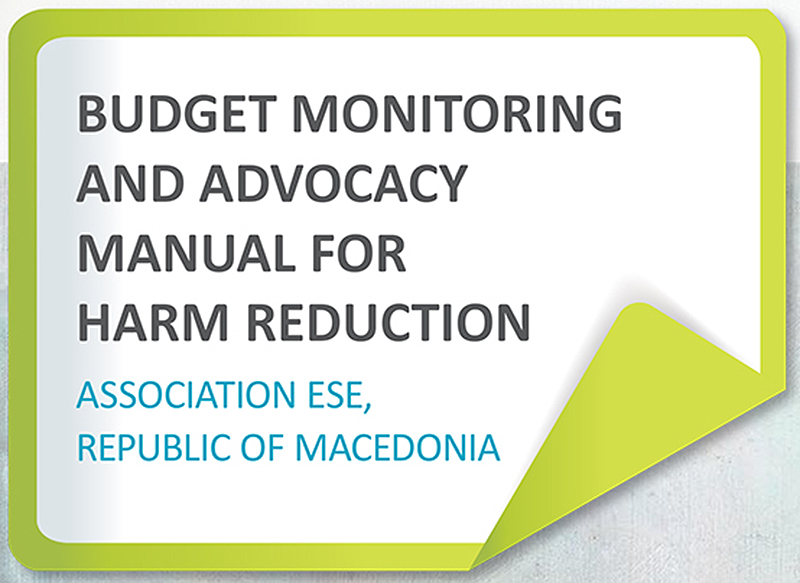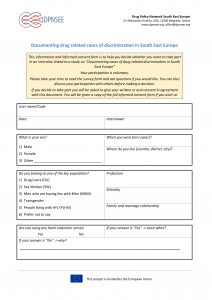Within Youth Organisations for Drug Action in Europe, the network of European organisations that have a specific scope of activities devoted to young people at risk, youth representatives from DPNSEE member organisations Aksion Plus, HOPS, Juventas and Re Generation spent two weeks in Eastern Europe, cities of Warsaw and Kiev, on a study visit within the capacity building workshops. On this set of workshops, YODA network members from 8 European countries participated, those that work on the ground offering harm reduction and health services to those who need it, often the most marginalised and stigmatised youth in our societies.
The study visit consisted of different classroom workshops, including the variety of site visits, all covering topics such as cross-substance use, LGBT health, drug checking, problematic use and harm reduction related to young people.
Džoli Ulićević from our member organisation Juventas said for the YODA blog that the opportunity to attend YODA training in Warsaw was very valuable to him, especially in the terms of getting insight into the practical part of work of PREKURSOR Drop in Centre and Foundation for Social Education mobile unit (Warsaw Mobile Units, video). He said also that the exchange of experience and knowledge with more experienced activists in harm reduction programs improved his skills in harm reduction and provided him with many ideas which can be implemented in Montenegro regarding harm reduction for young people using drugs, specially within some vulnerable groups, such as young LGBTIQ people, sex workers or people who are members of ethnic minorities.

The site visits in Warsaw included also ES-SIN after party project and discussion on harm reduction in young people using drugs problematically), FES mobile HIV/AIDS/HEP C/STI testing point.
In Kiev the group visited Club Eney, self-help group and drop-in centre, LGBT community, testing centre and Convictus centre.
Vladana Stepanović, former DPNSEE volunteer and Re Generation member, said that in addition to organisations group visited in Ukraine, we heard that there more organizations which are in some way dealing with the issues related to drug use and support to drug users. That shows serious understanding of the problems regarding public health and human rights situation.

“What we have seen and learned there we should advocate to our countries, more specifically Western Balkans and Serbia, emphasizing that even Ukraine, in the complicated political situation, can find way to support harm reduction services as one of the key answers to prevention of Hep C and HIV. At the same time, in Serbia and specifically Belgrade with approx. 10.000 injecting drug users, we don’t have any organization offering any kind of harm reduction services.”
The third session of the workshops will start on 11 May 2018 in Podgorica, Montenegro, hosted by our member organisation Juventas. Over three days, the workshop will tackle homeless youth and focus more on organizational and ethical aspects of working with young homeless people and protection of human and social rights of young homeless people who use drugs.

















